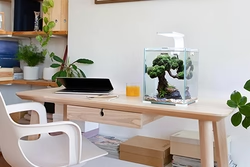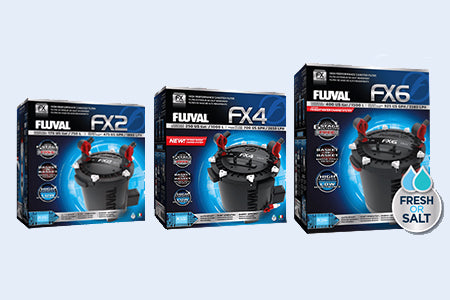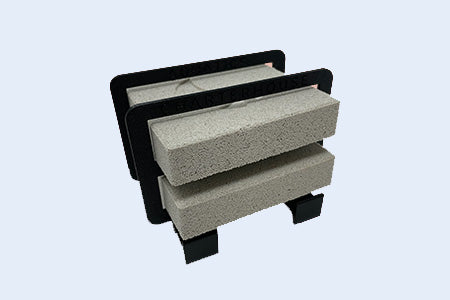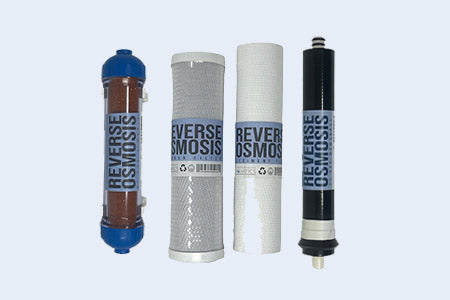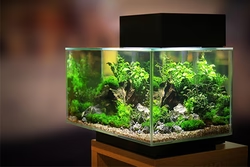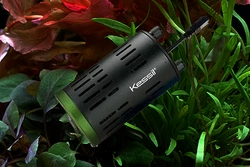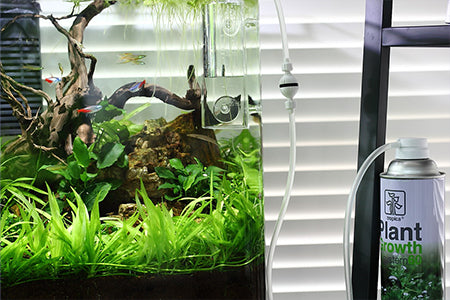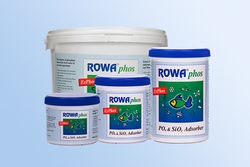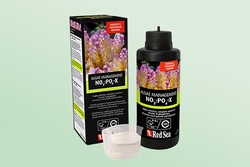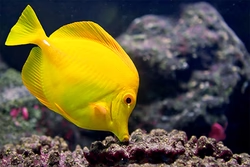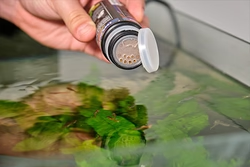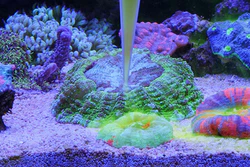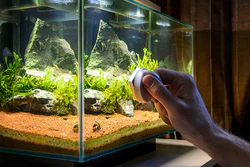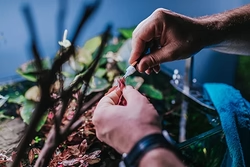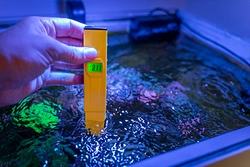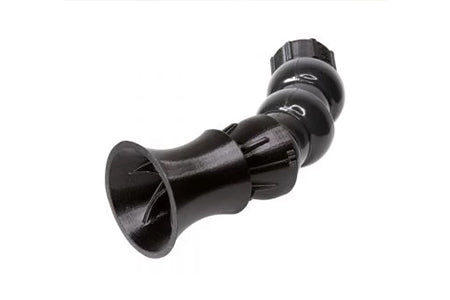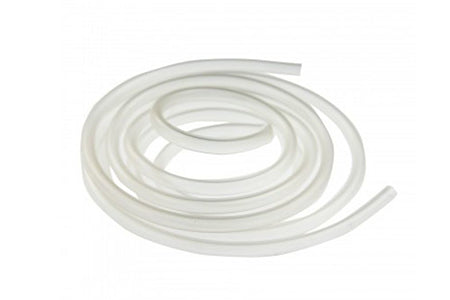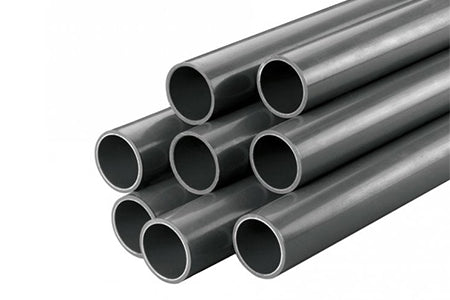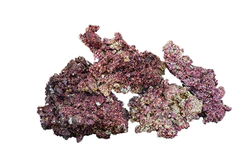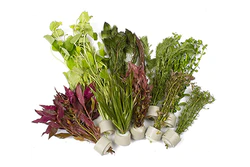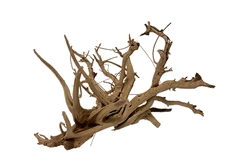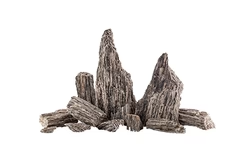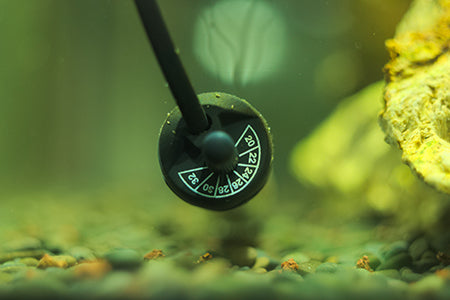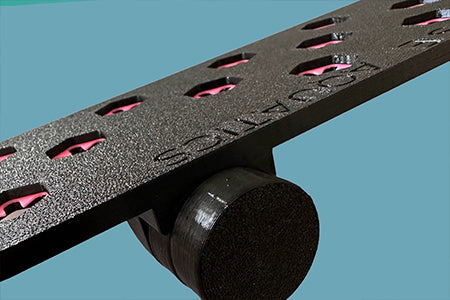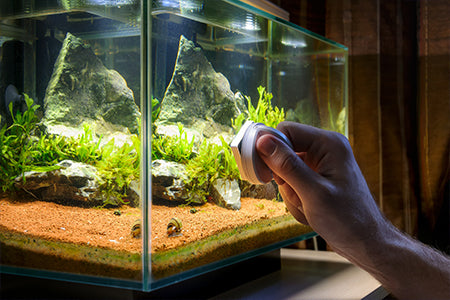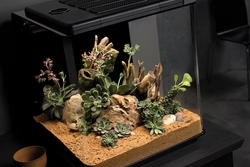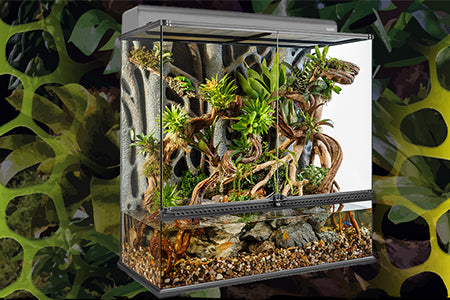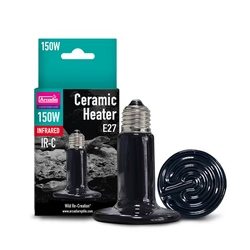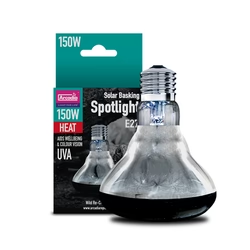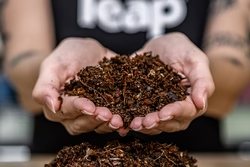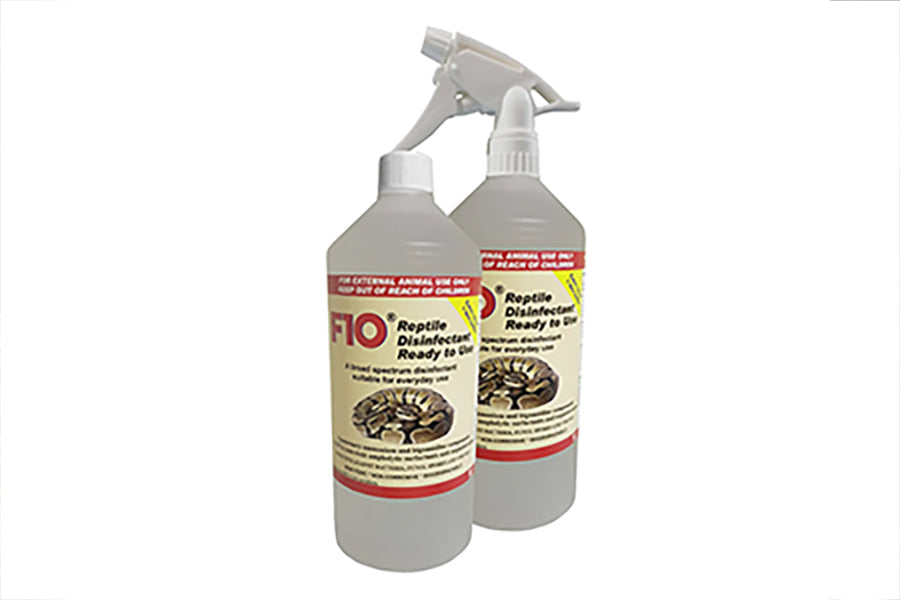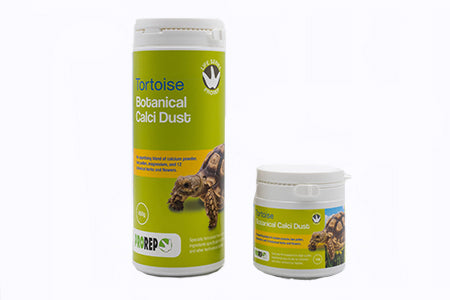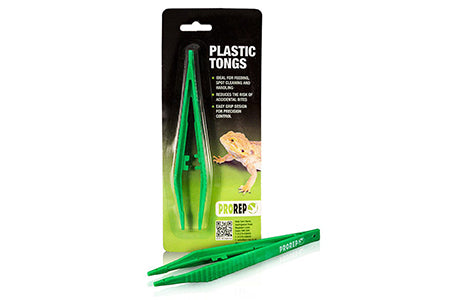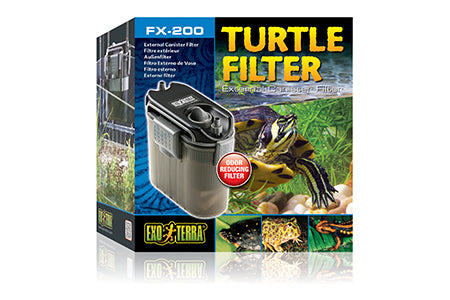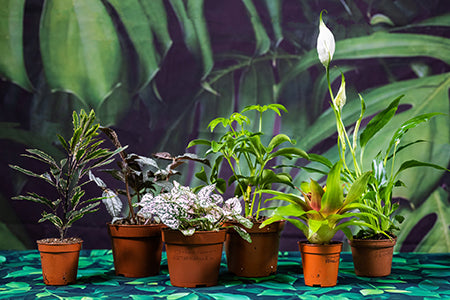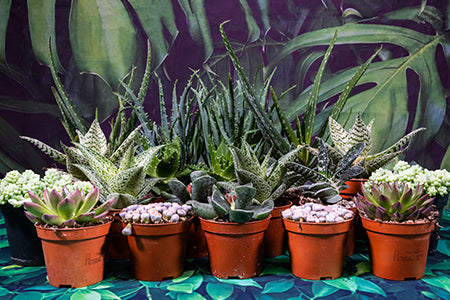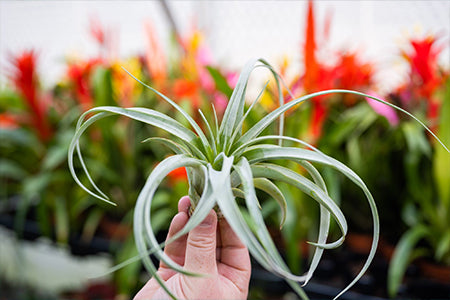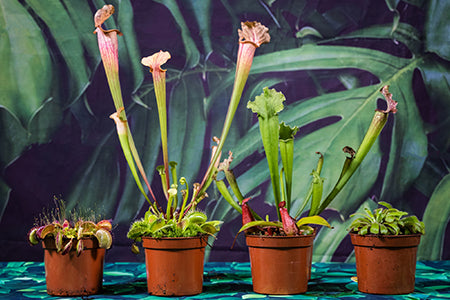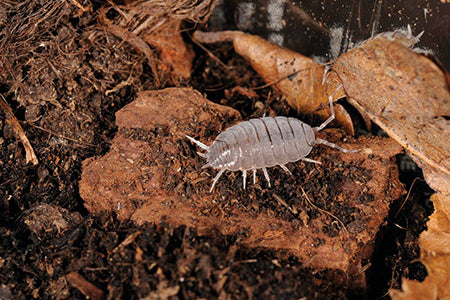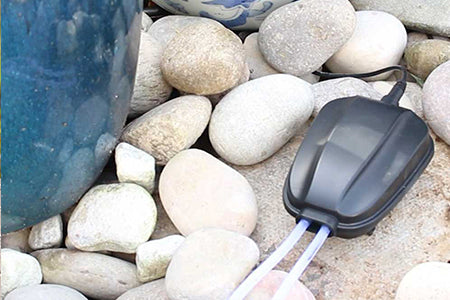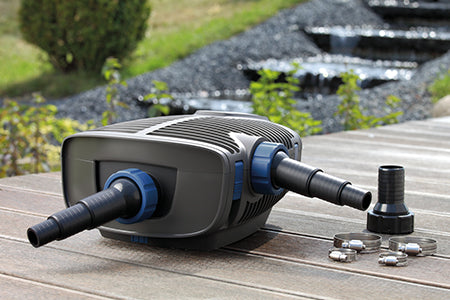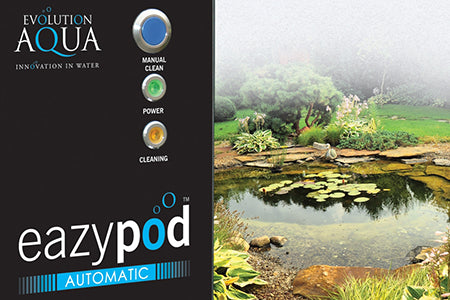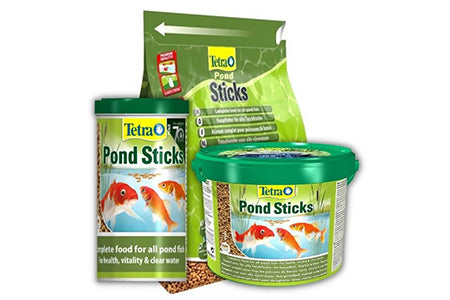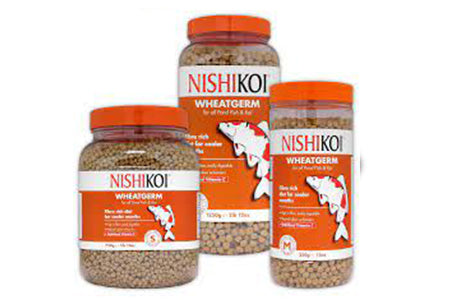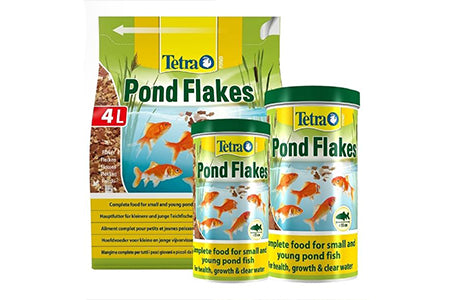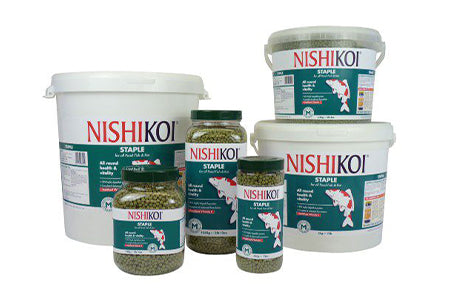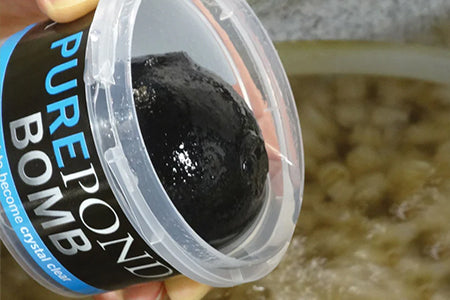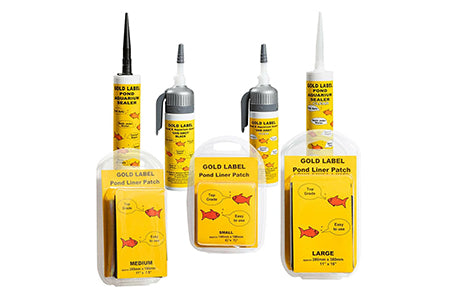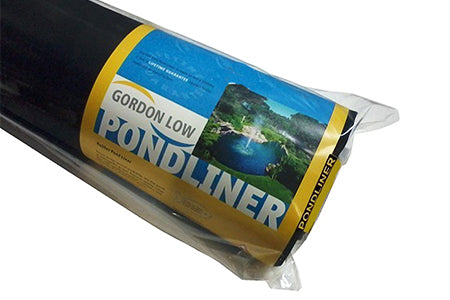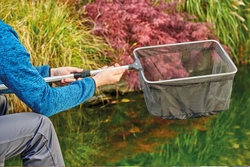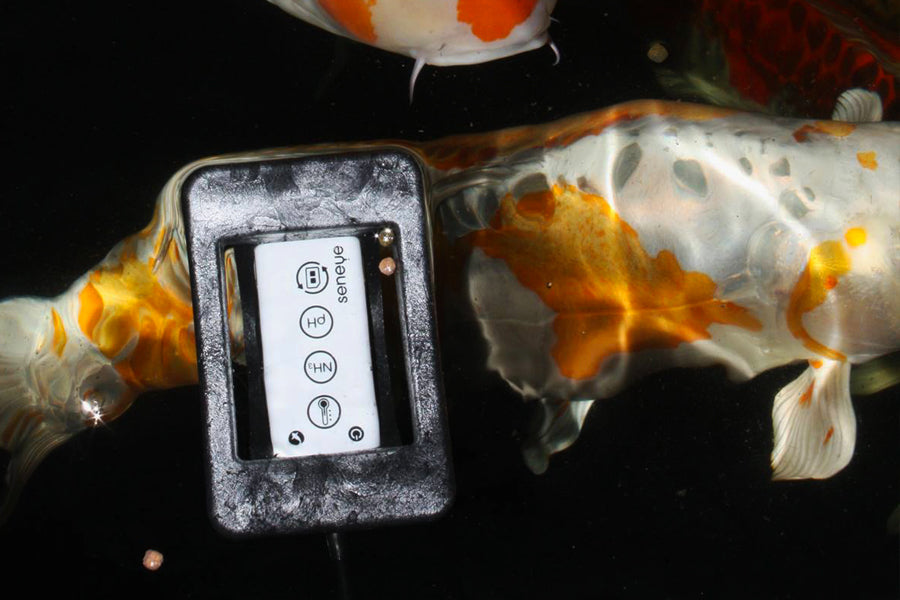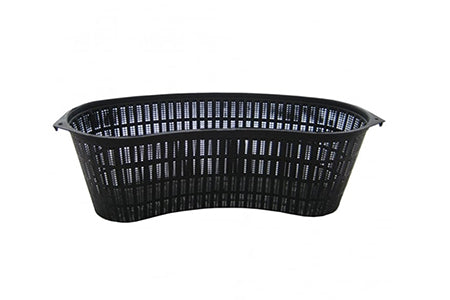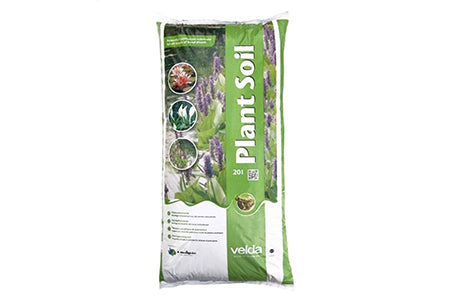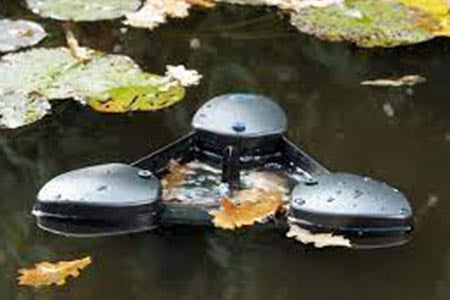So, you've got a beautiful aquarium setup, lush green plants, and then BAM – your fish decide to turn your carefully arranged aquascape into their personal playground. If you're frustrated with your fish digging up your plants, you're not alone. Luckily, there are some easy tricks and products that can help keep your plants in place and your fish happy. Let's dive in and explore how you can stop your fish from digging up your plants. Plus, we’ll reference some fantastic products from Charterhouse Aquatics to make your life easier.
Why Do Fish Dig Up Plants?
First, let’s understand why your fish are digging up your plants. There are a few common reasons:
- Instinct: Some fish species, like cichlids and goldfish, naturally dig and forage as part of their behavior.
- Spawning: Fish may dig when they are preparing a site for spawning.
- Boredom: Fish might dig simply because they have nothing else to do.
- Searching for Food: Loose substrate might hold food particles, prompting your fish to dig.
Understanding why your fish are digging can help you choose the best method to stop it.
Tips to Prevent Fish from Digging Up Plants
Choose the Right Plants
Some plants are more robust and better suited for tanks with digging fish. Opt for hardy plants with strong root systems that are less likely to be uprooted.
Recommended Product: Tropica Anubias Nana – This plant attaches to rocks and driftwood, making it harder for fish to dislodge.
Plant Anchors
Using plant anchors can help keep your plants rooted in place. These are small weights that hold the plant down, preventing it from being easily uprooted.
Use Heavier Substrate
A heavier substrate can make it more difficult for fish to dig. Gravel or sand with larger grains can be effective in keeping plants anchored.
Recommended Product: CaribSea Eco-Complete – This substrate is not only heavy but also provides nutrients for your plants.
Plant in Pots
Planting your aquarium plants in small pots and then burying the pots in the substrate can protect the roots and keep the plants in place.
Create Digging Zones
If your fish are natural diggers, consider creating specific areas in your tank where they can dig without disturbing your plants. Use rocks or driftwood to create boundaries.
Recommended Product: Spider Wood – Great for creating barriers and adding a natural look to your tank.
Feed Your Fish Properly
Sometimes fish dig because they are searching for food. Make sure you are feeding them a balanced diet and consider using sinking pellets that are easier for bottom-dwelling fish to find.
Recommended Product: Hikari Sinking Pellets
Add Decorations
Adding more decorations like caves, rocks, and driftwood can give your fish more things to explore and reduce their need to dig up your plants.
Maintenance Tips
Even with all these precautions, some maintenance will be necessary to keep your plants in good condition:
- Regularly Replant: Check your plants regularly and replant any that have been dislodged.
- Trim Damaged Leaves: Remove any damaged or uprooted leaves to keep your tank looking tidy.
- Monitor Fish Behavior: Keep an eye on your fish and adjust your tank setup as needed to accommodate their behavior.
Conclusion
While fish digging up plants can be frustrating, there are plenty of strategies to keep your aquascape looking beautiful. By choosing the right plants, using anchors, and creating dedicated digging zones, you can enjoy a harmonious tank. For all your aquarium needs, including plants and accessories, check out Charterhouse Aquatics.
Happy fishkeeping, and may your plants stay rooted and your fish stay happy!

